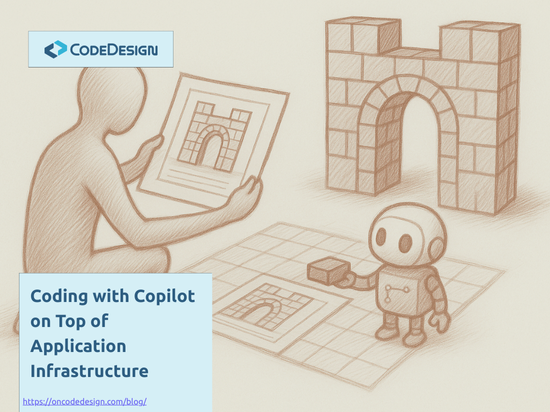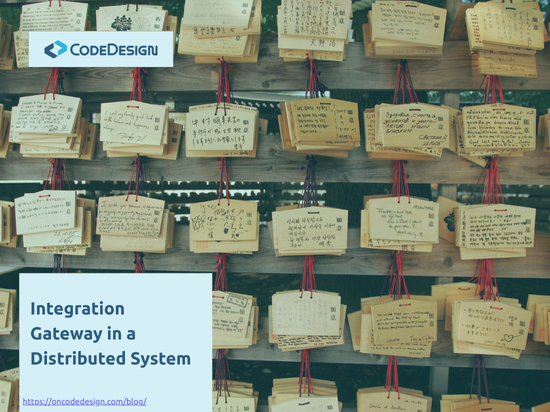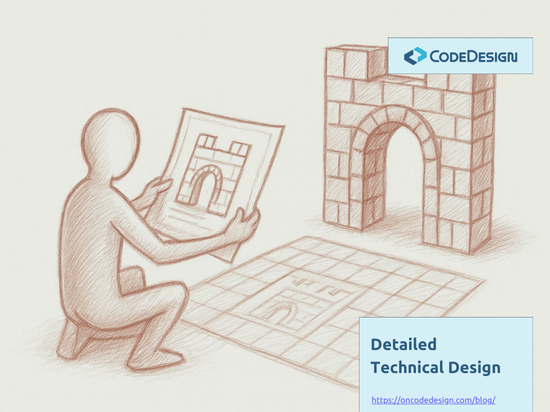I have enrolled in John’s Sonmez free e-mail course titled “How to Create a Blog That Boosts Your Career”.
I’ve joined this because I wanted to focus more on improving my blog, and because I care about John’s advice on how to do this. I was already acting on some of the advice he gave when talking about how developers can promote their selves or how they can improve their careers. I’ve picked these from his blog (simpleprogrammer.com), when he was on .NET Rocks! or in other of his materials that I get by following him on twitter.
I was also curious on how an e-mail course would go. Each lesson is in an e-mail that we (the trainees) receive twice a week. One on Monday, and one on Thursday. The lessons are quite short, few minutes to read them. Each speak about a key aspect to care and think about when building a blog. I see it like developing a set of habits that can lead you towards a fulfilling blog. Each lesson also has a short homework, which in most of the cases we should e-mail back. The nice reward I’ve gotten by doing my homework was the feedback that I’ve received from John. So far, he replied with some extra advice specific to my context to each of my homework e-mails. It makes me feel that this is not just a set of articles sent by e-mail, but it is an actual course with interaction with the trainer over the e-mail. I think it is one of the key factors of success in course ran by e-mail.
One of the things that it made me think hard about, was how to focus my posts on a topic. Which is the theme of by blog? Conclusion: Quality Code Design. The key reason I’ve started a blog in the first place was to share from my experiences. I was lucky enough to be part of many software development projects, in different roles. I’ve been dealing with difficult contexts both from technical and corporate politics perspective. There are many learnings I’ve taken along the way. One of the believes I’ve formed is that the way we organize our code, the way we design the structures in which we place the code, the way we do code design matters a lot in achieving the needed flexibility to accommodate changes in the success factors of a project (requirements, time and budget). I consider a code design to be of good quality if it stands the test of time. If it can be changed at low costs. Therefore, the conclusion I’ve reached is that I will try to focus my writings in this area. Not as stories from the projects I did in the past, but rather experiences or advices that I pick from my current work. Learnings I find worth sharing from the training and coaching I do in different companies, from the consulting and the development I do as part of iQuarc and from the work I do as a Software Architect at ISDC. And all, focused on achieving a quality code design.
At this point the course reached its second half. I can’t say I have found many new things, so far. However, it outlined some important aspects and made me think harder of them. The blog theme is one example. Another great benefit for me is that I get a strong confirmation on the practices I was already following. For me this is a good encouragement that I am going on a good path, especially when it comes from someone who is successful in this.
In the lessons to come I hope to get some guidance on aspects like:
- How to put links from a post. Should all the words that may point to more details, have a link?
- How to find and chose good images for the posts. Should all the posts be accompanied by a featured image?
- How long an article should be? When is it better to finish a subject in one post and when to split it over more posts?
- When is it better to put source code into the post and when is it better to give it as a downloadable zip.
- Which are the pros and cons of hosting your blog under a company domain (blog.iquarc.com/florin) or come up with a name for the blog and host it on its own domain (blogname.com)
For me it was a good choice to enroll. It cost me just some time and I’ve got good advice and strong confirmation in return. A great deal. If you’d want to do the course I think you can still enroll (for a future session maybe) or you could probably get the lessons and go through them at your own pace.
Drawing from our extensive project experience, we develop training programs that enhance predictability and reduce the cost of change in software projects.
We focus on building the habits that make developers adopt the industry best practices resulting in a flexible code design.








